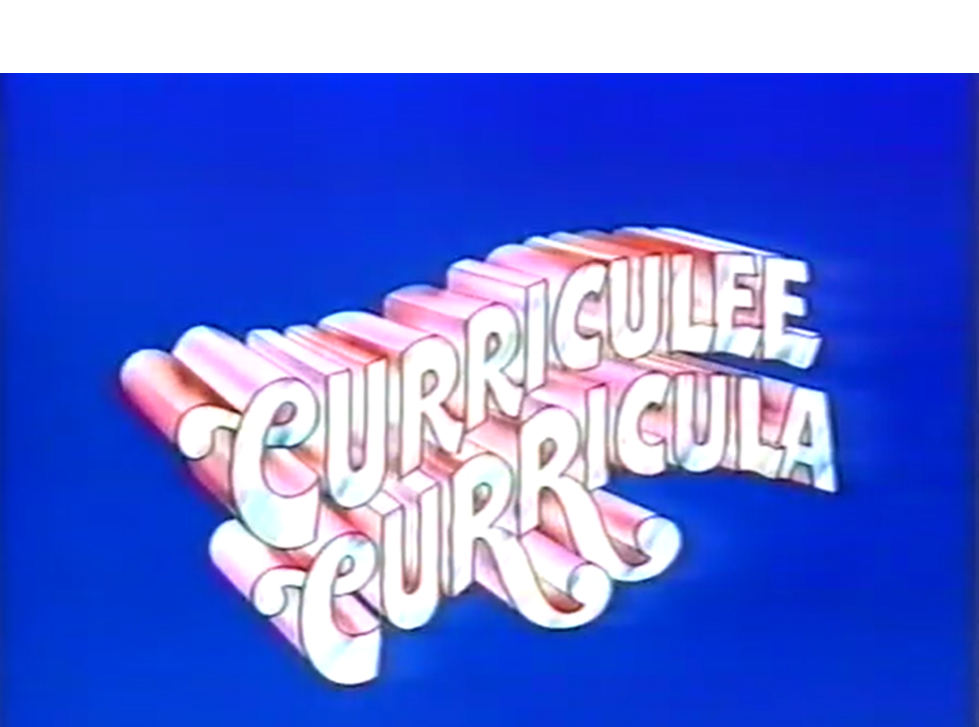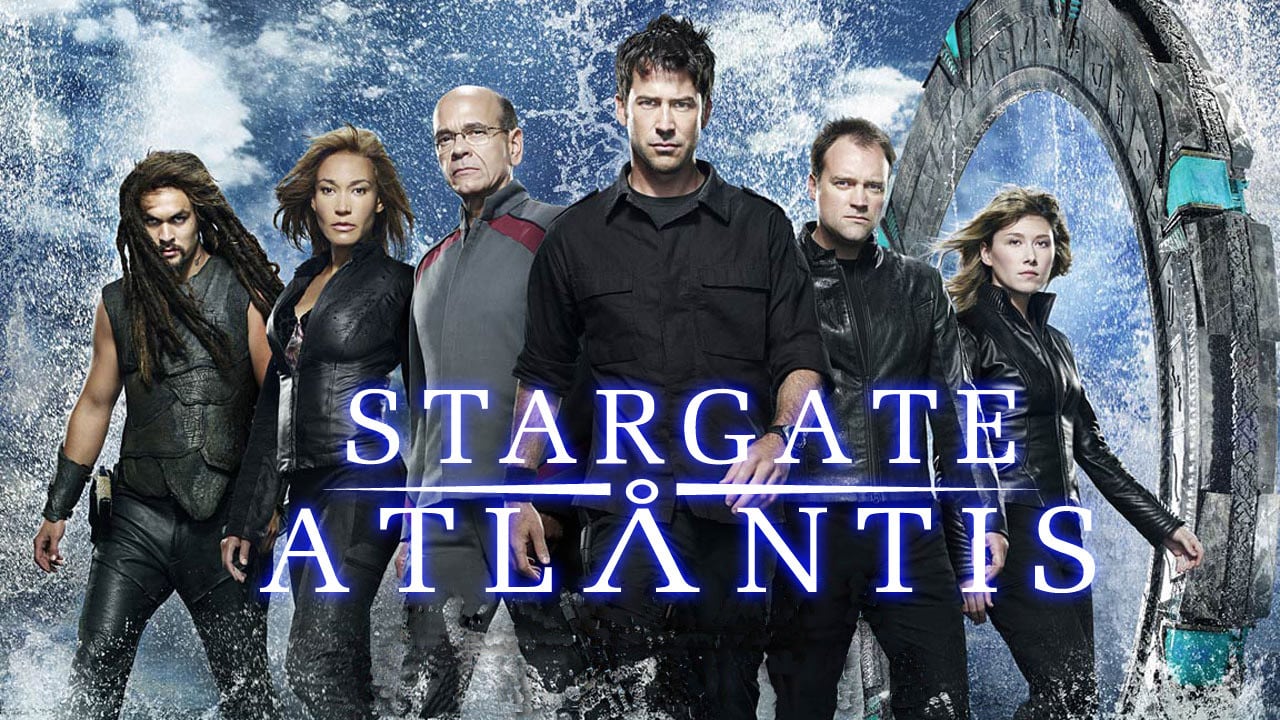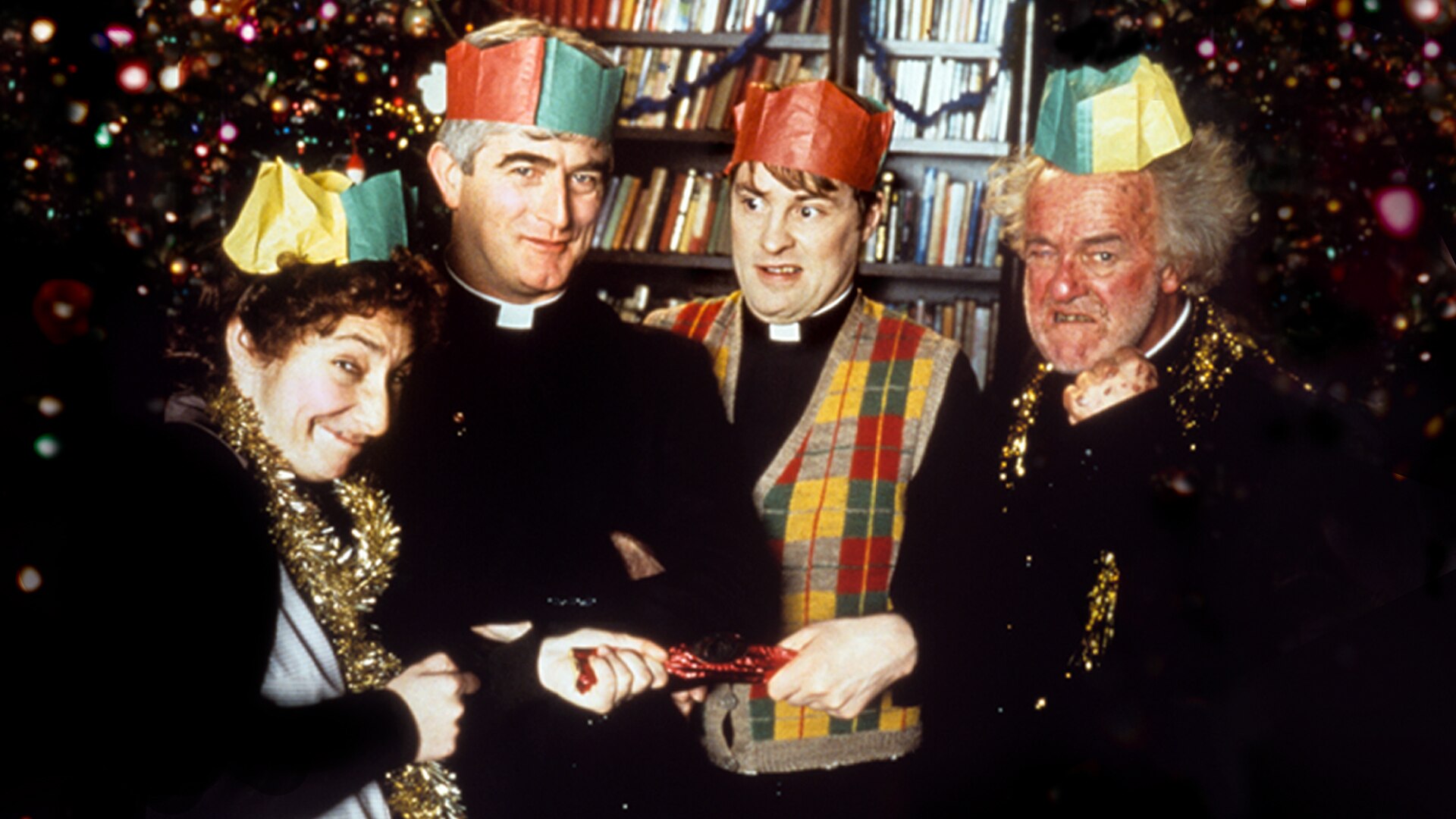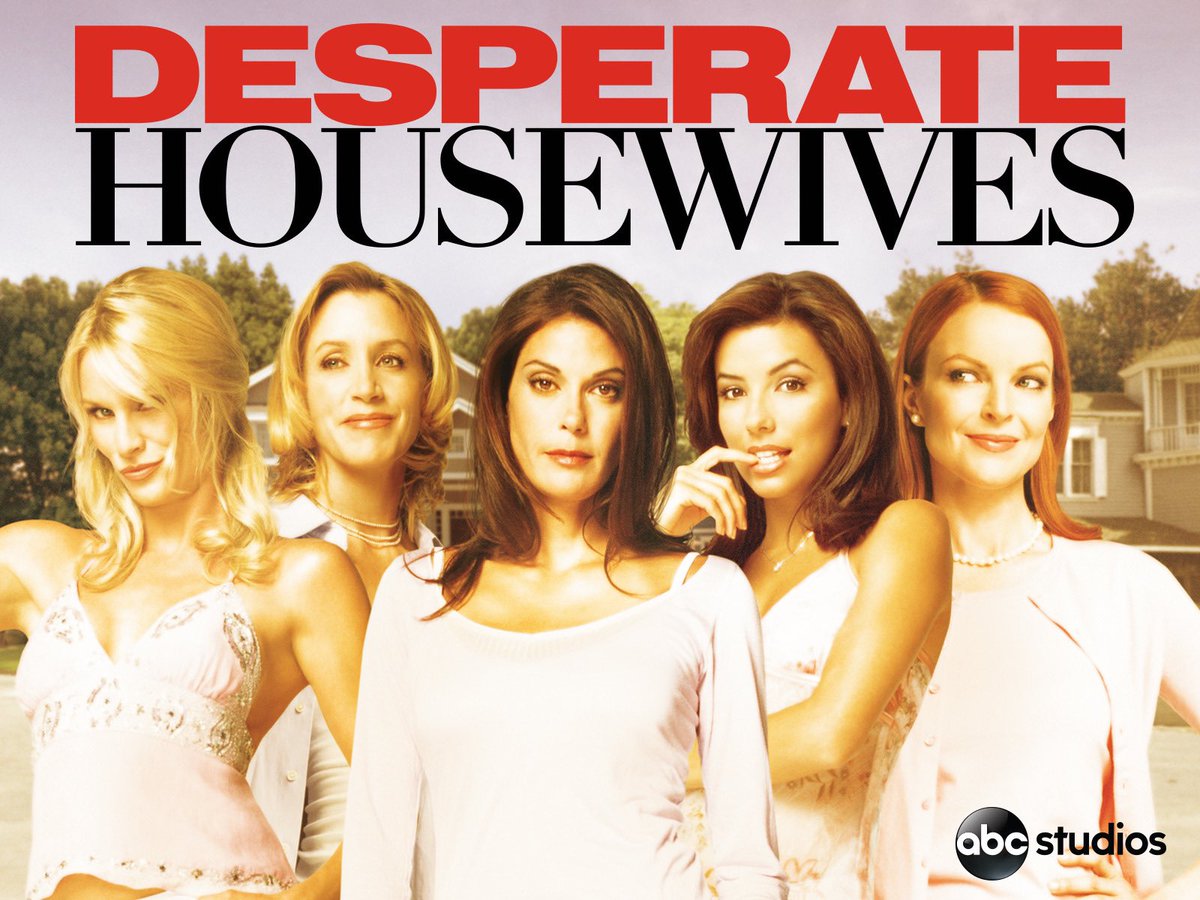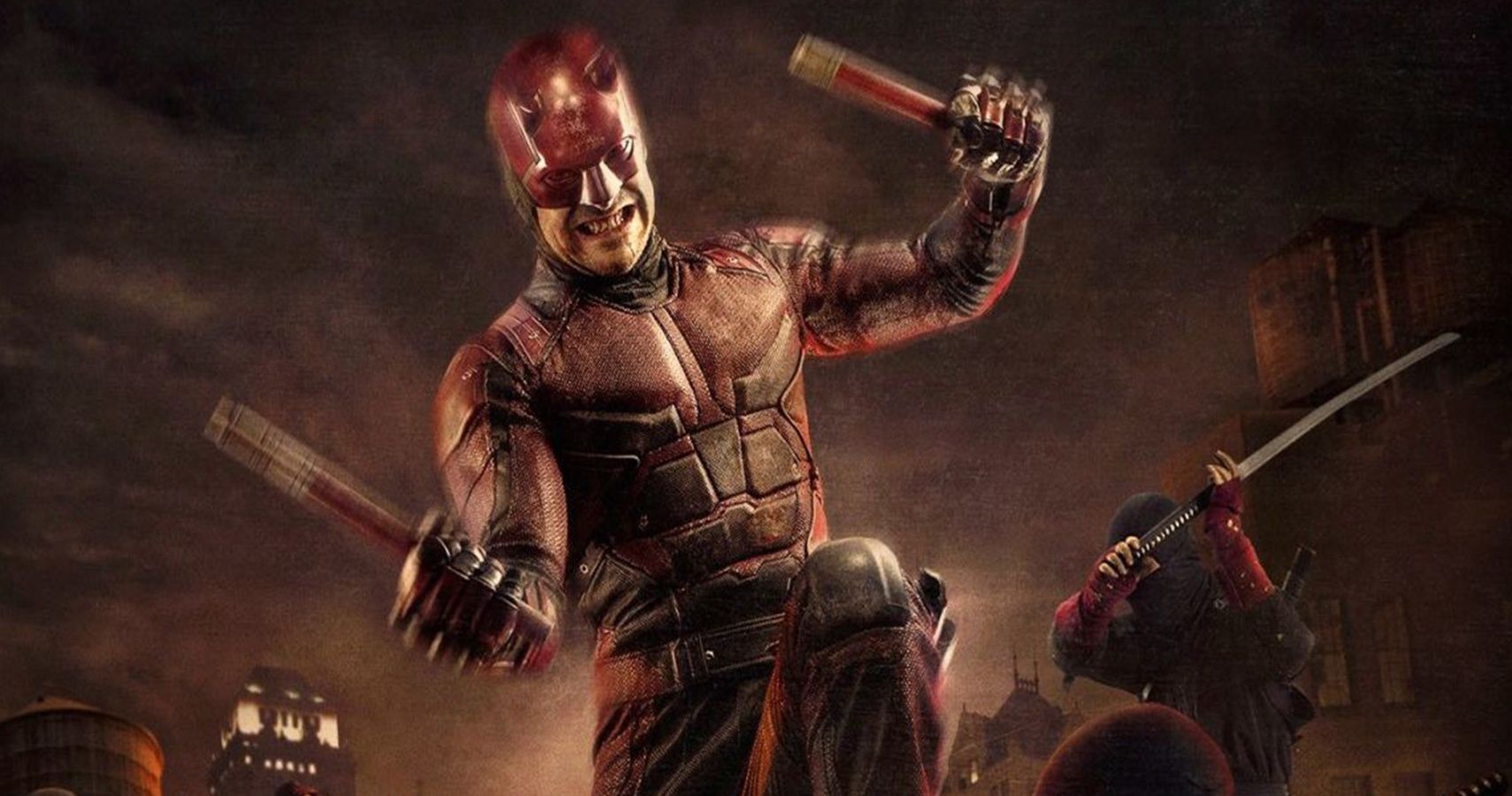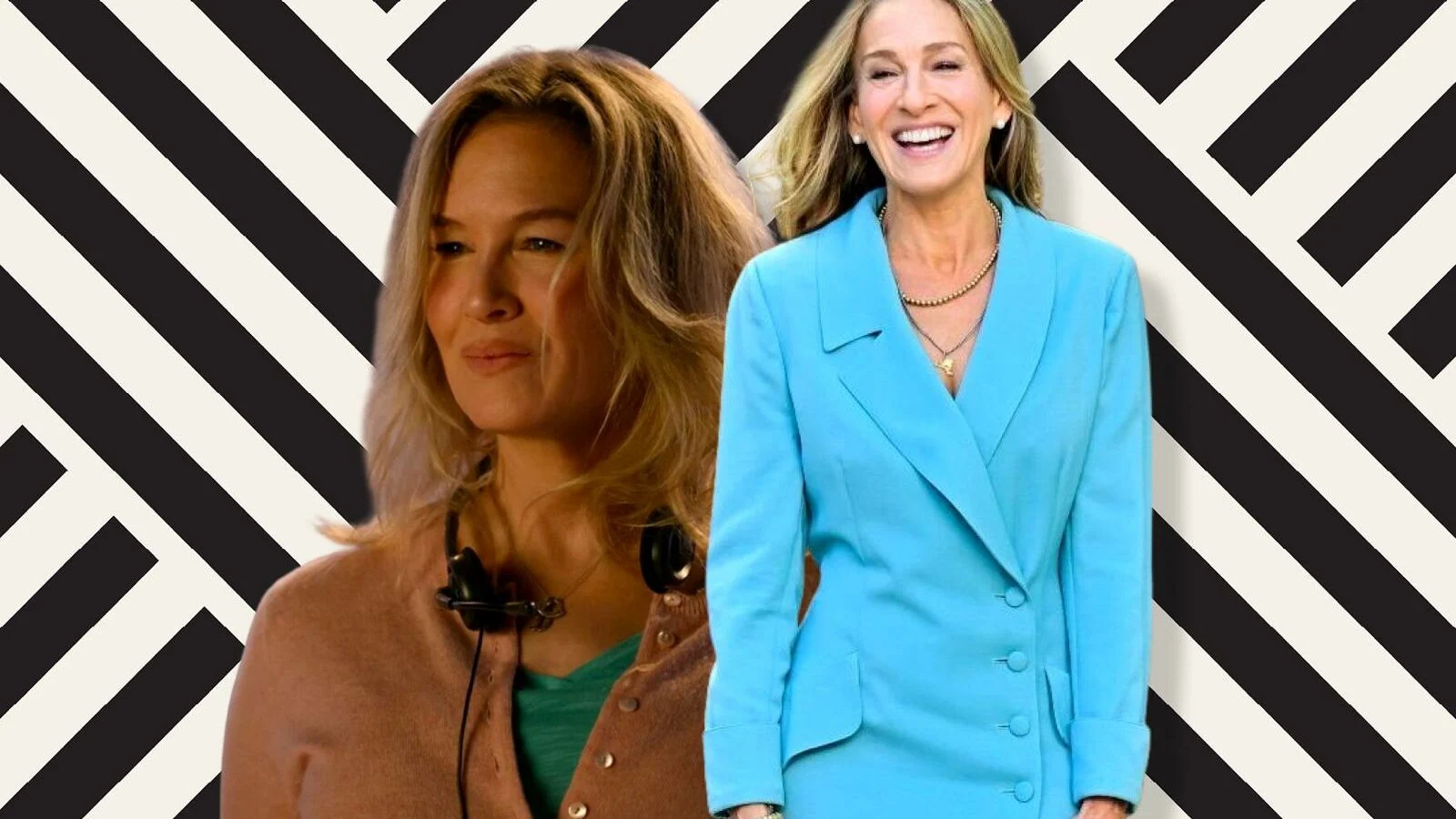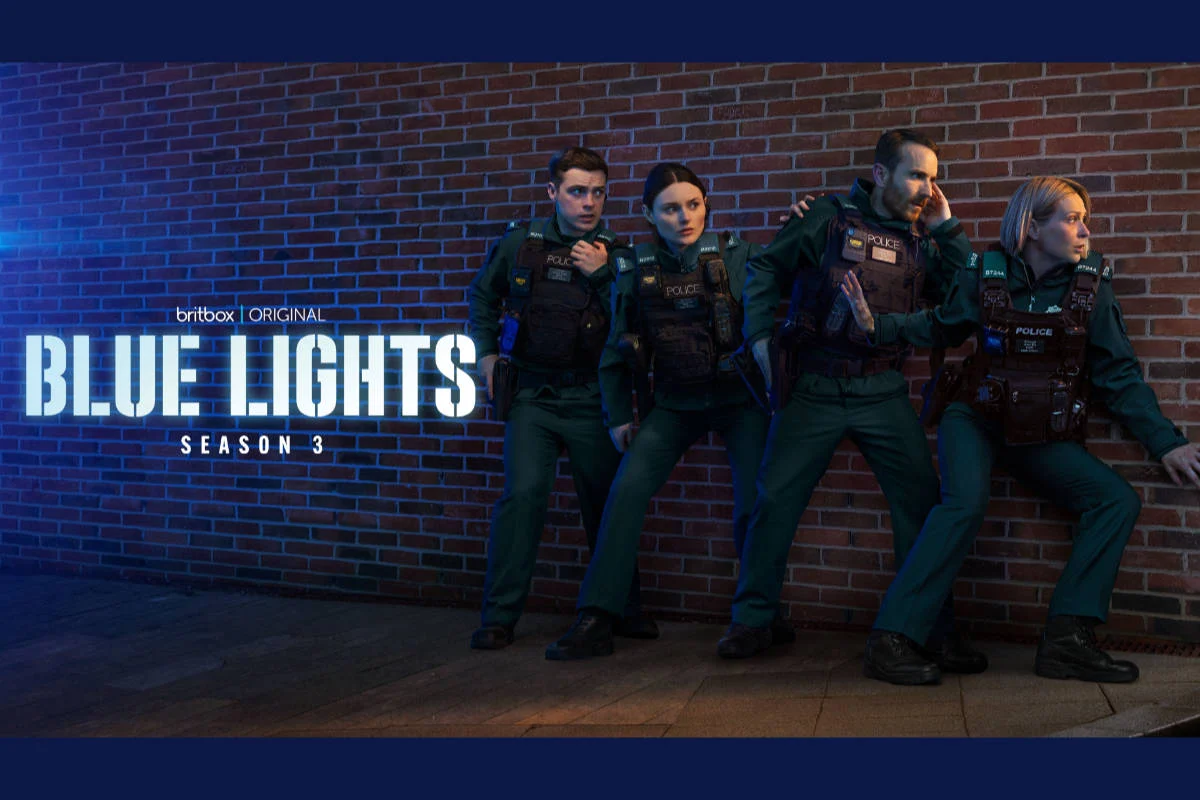
The fourth episode in the third series of Blue Lights begins in the home of Police Constables Grace Ellis (Siân Brooke) and Stevie Neill (Martin McCann). They are colleagues at the fictional Blackthorn station in Belfast and, surely to the relief of anyone witnessing their tentative courtship over series one and two, are now finally […]
